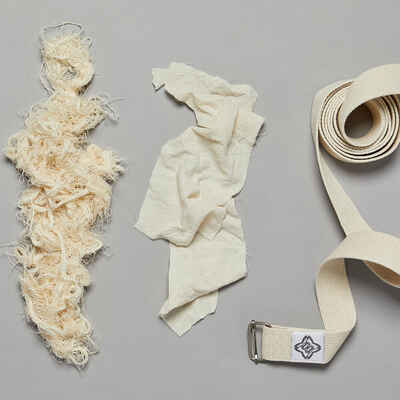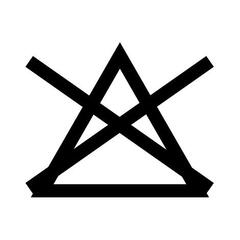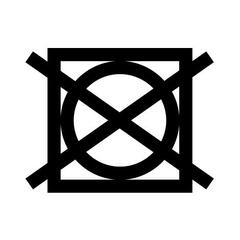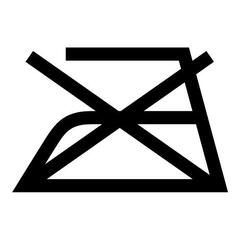Weight
Total weight 1.95 kg
Separable parts to help transportation.
Flysheet 550 g
Bedroom 660 g
Pole kit 500 g
Pegs (12 pieces) 120 g
Bags 60 g + 13 g
Guy ropes (6 pieces) 30 g
Repair kit (ferrule) 20 g
To protect your product and increase your protection from the sun and bad weather, you can complement your MT 900 2P tent with the groundsheet with reference: 8797784 (270 g).
Weight, volume and dimensions can vary slightly due to manufacturing tolerances.
Size and living space
Bedroom length 210 cm
Bedroom width 125 cm to the head and 105 cm to the feet.
Bedroom height 100 cm
Total height 110 cm
2 side porches around 70 cm wide and protected by a built-in sheet which shelters your equipment from the sun and bad weather. There is storage space for 2 backpacks up to around 70 litres.
4 pockets (2 side and 2 top) to keep and organise your belongings.
Architecture, tent poles and tent pegs
Lightweight, shock and frost resistant aluminium pole: 7001 T6 Yunan SD70PF Ø 9 mm aluminium.
Optimised square tent pegs: “anvil” head, oversized main part, extremely resistant and lightweight (7075 T6 aluminium).
Dome double Y shape: the main pole splits into 4 feet on each corner for a self-standing structure. Top pole provides volume and therefore capacity.
Pitching/striking
Separate flysheet and bedroom. Traditional pitching method: bedroom on the ground and clipped to the poles. Cover the whole tent with the flysheet. Adjust the tautness.
If needed, the bedroom can be dismantled from inside.
Intuitive pitching thanks to colour coding on the pole, bedroom and flysheet.
When it rains, to pitch the flysheet first, you will need the compatible groundsheet (ref 8545730).
Waterproofing
Forclaz tents are laboratory-tested: pitched tent, 200 litres/sqm/hour (3 hours, equivalent to a tropical storm). They are also tested in the field by a sample user group.
20 denier polyester (PES) flysheet and 40D polyamide (PA) groundsheet have a polyurethane coating (inside) and silicone (exterior).
Seams taped with heat-sealed strips.
Multi-component bedroom combining breathability, wind protection and prevents condensation
Wind resistance
We test all our tents in a wind tunnel on a turntable where we can expose each side of the tent to the wind.
To test its wind resistance, the tent must be properly pitched, taut but not stretched, with all the guy ropes in position around the tent. It should remain habitable at wind speeds of 70km/h, measured near ground level.
Our tents are certified by the CSTB independent laboratory in Nantes.
Ventilation and condensation prevention
Bedroom with mosquito screen for ventilation and water-repellent fabric to protect from condensation and draughts. There are 2 large top ventilation areas that you can close using a Velcro strip.
To reduce condensation inside your tent, it must be properly pitched, with the fabric kept taut without being over-stretched. Two-way zips on the doors to keep them open. The use of ventilation and good air circulation limits humidity inside your tent
Seasons
3-season tent: your tent will protect you from the harsh weather conditions you can encounter in the spring, summer or autumn. It will withstand light snowfall but is not designed to withstand heavy loads that would weigh on the structure.
In case of snow, remember to shake your tent regularly in order to bring down any snow that has accumulated to avoid putting too much weight on the structure of your tent.
Repairs and After-sales service
All our tents are designed to be repairable.
You will find the detachable parts (poles, bedroom, etc.) in store or in the workshop of your local Decathlon, or on the website.
If you have a problem, don't hesitate to have your tent looked at in your local Decathlon store.
Repair kit (ferrule) 20g
Use and storage
Your tent is designed for itinerant bivouacking, it is therefore not designed for static use in the sun.
We recommend that you avoid leaving it in the sun as the ultra-light fabrics can be sensitive to UV light, that damages them.
 Process
Process



